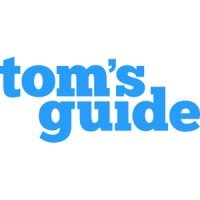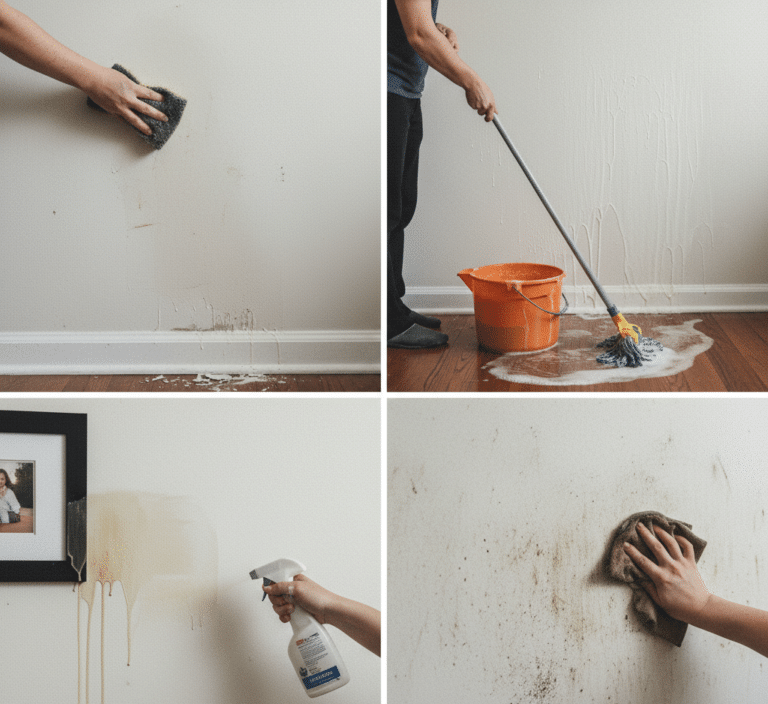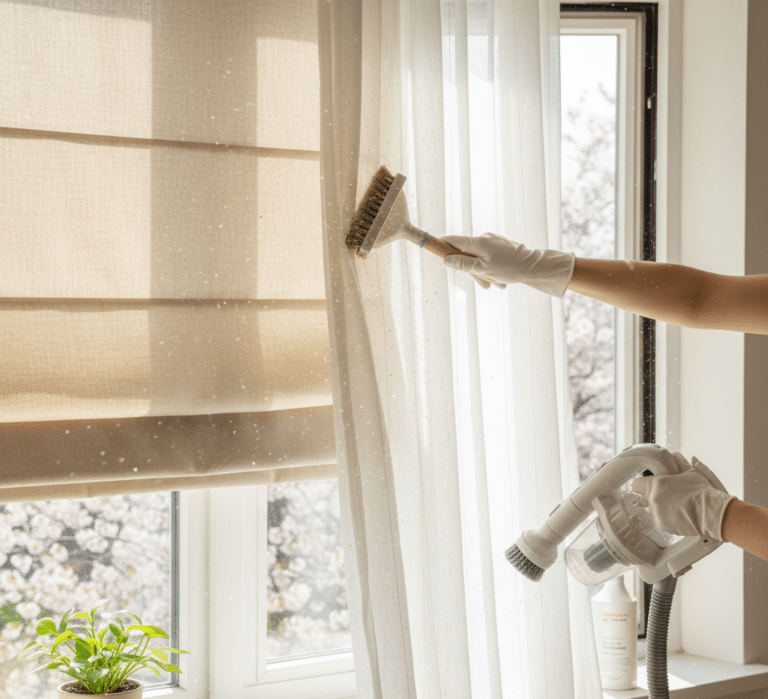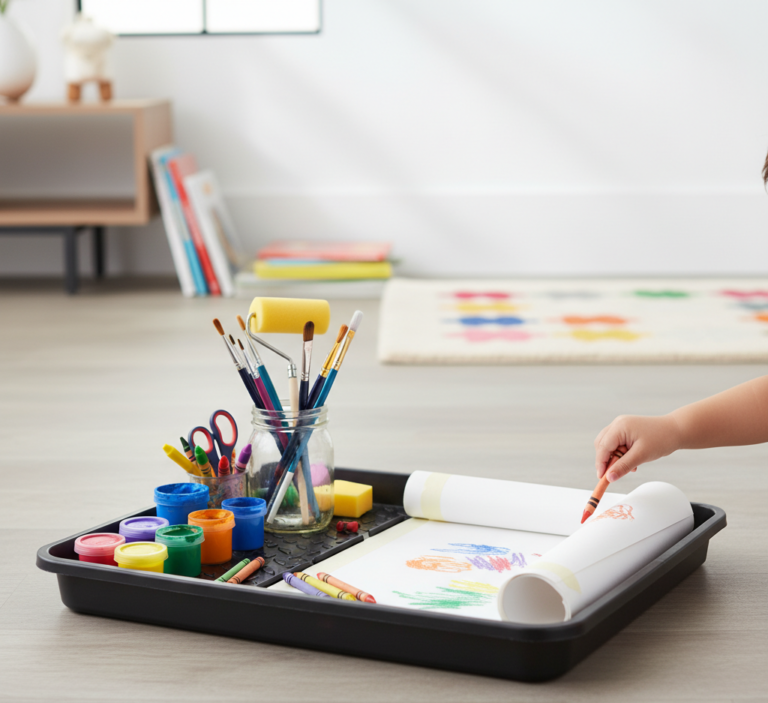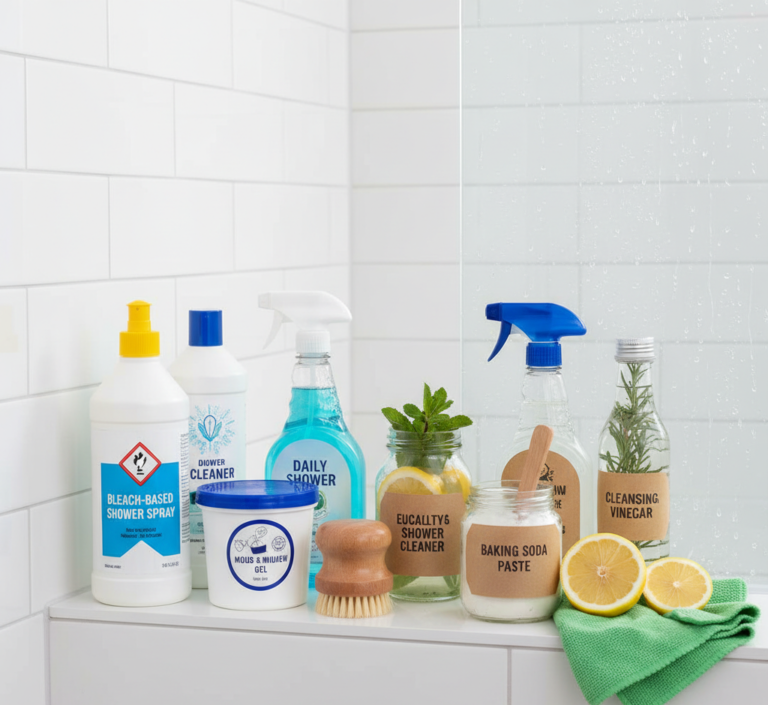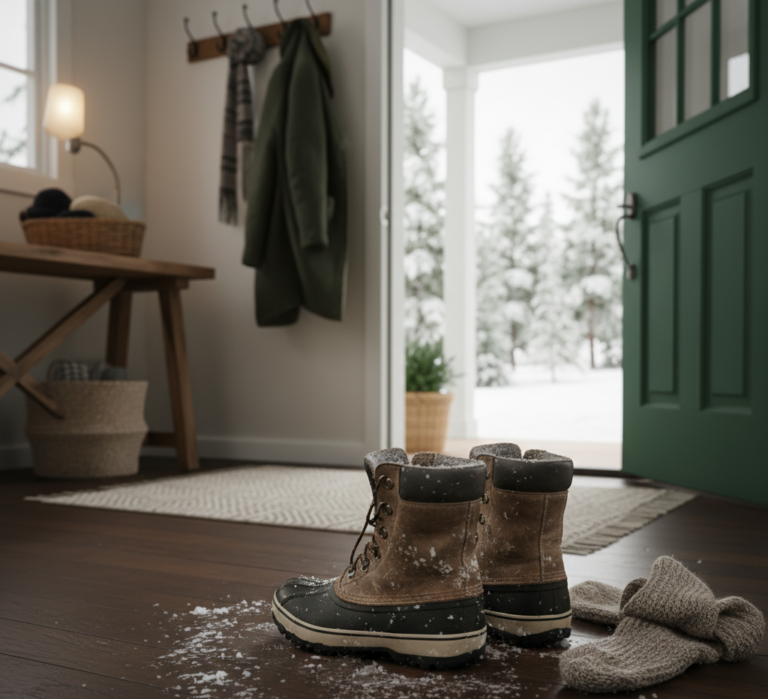Hey there! If you’re diving into the world of professional cleaning or just curious about what makes a pro cleaner stand out, you’re in the right place. Cleaning is so much more than just a swipe here and a dust there. It’s an art and a science, blended with a dash of elbow grease. So, let’s get into the top 10 skills that can turn any cleaner into a super cleaner, ensuring efficiency and leaving clients with beaming smiles.
1. Professional Cleaners: Attention to Detail
When we talk about attention to detail in the cleaning world, we’re really talking about creating that ‘wow’ moment for clients. It’s that feeling when they walk into a room and can almost sense the cleanliness. This skill isn’t just about doing the basics; it’s about elevating cleaning to an art form.
Imagine this: you’re cleaning a living room. Attention to detail means you’re not just vacuuming around the furniture; you’re moving things around to get every bit of dust underneath. It’s checking the tops of picture frames, the edges of the baseboards, and even the ceiling fan blades – places that are often overlooked.
But it’s not just about what you clean; it’s also about how you clean it. It involves being methodical in your approach, ensuring that you have a system in place so that you never miss a spot. Maybe you start in one corner of the room and work your way around, or maybe you have a checklist of items to go through for each room. Whatever your method, the goal is the same: leaving no stone unturned in your quest for cleanliness.
Attention to detail also extends to the little touches that make a big difference. It’s arranging the cushions just right, folding the end of the toilet paper into a neat triangle, or lining up items on the bathroom counter symmetrically. These might seem like small things, but they add up to create an overall impression of meticulous care and professionalism.
And let’s not forget about the sensory experience. Ensuring that the room not only looks clean but also smells fresh and feels airy can transform a space completely. This could mean opening windows to let in fresh air during cleaning, using subtly scented cleaning products, or incorporating natural elements like flowers or plants to enhance the ambiance.
2. Time Management
Let’s break it down. Effective time management in cleaning starts with planning. Before even touching a mop or a duster, a professional cleaner assesses the space. What areas need the most attention? Is there a particular order that would make the job go smoother? Planning your route through a space can save heaps of time. For instance, starting from the top (like dusting) and working your way down to the floors means you’re not redoing work.
Then there’s the aspect of multitasking, but not the kind that leaves you frazzled. It’s about smart multitasking. Let’s say you’ve got a cleaning solution doing its magic in the bathroom. While it sits, you’re not just waiting around; you’re vacuuming the living room or dusting the shelves. It’s like a well-oiled machine where every moment is utilized efficiently.
Another key factor is setting realistic time goals. This comes with experience. Knowing how long it takes to clean certain areas or perform specific tasks can help you gauge your time better. It’s about setting a steady pace that ensures thorough cleaning without rushing through it.
But what about those unexpected hiccups? A professional cleaner with good time management skills knows how to adapt quickly. Maybe a room is dirtier than expected, or there are more knick-knacks to dust around than usual. Adapting on the fly and rejigging your plan without getting flustered is part of the skill.
And, of course, there’s the importance of not compromising quality. Rushing through a job is a no-go. The goal is to find that sweet spot – being efficient without sacrificing the standard of cleaning. This means being thorough in your work, but also knowing the tricks and techniques that can save time without cutting corners.
3. Knowledge of Cleaning Products and Tools
In the world of professional cleaning, knowledge of the right products and tools is akin to an artist knowing their brushes and paints – it’s essential for creating a masterpiece. Each cleaning task has its unique requirements, and using the right tool or product can significantly enhance the quality and efficiency of the work.
Consider the vast array of cleaning products available. There are all-purpose cleaners, glass cleaners, disinfectants, and many more, each designed for specific surfaces and types of dirt. A professional cleaner knows that using a glass cleaner on a wooden table could potentially damage the surface. Similarly, an all-purpose cleaner might not be effective for tough bathroom mold. Understanding the chemistry of these products, such as which ones are abrasive, acidic, or alkaline, and where they are best applied, is crucial. It’s not just about making things look clean; it’s also about preserving surfaces and materials in the long run.
Then there are the tools of the trade. From microfiber cloths and squeegees to mops and high-powered vacuums, each tool has its purpose. For example, microfiber cloths are great for dusting and polishing because they trap dirt and reduce the spread of allergens. Squeegees are ideal for leaving streak-free finishes on windows and glass. Knowing when and how to use these tools can make a significant difference in the outcome of your cleaning efforts.
Safety is another critical aspect. Professional cleaners must know how to handle and store cleaning products safely. This includes understanding which products should not be mixed, how to ventilate areas when using strong chemicals, and the importance of wearing protective gear like gloves or masks when necessary.
Staying updated with the latest products and tools in the market is also part of this skill. The cleaning industry is constantly evolving, with new, more efficient, and eco-friendly products being introduced. Keeping abreast of these developments and knowing how to incorporate them into your cleaning practices can set you apart as a cleaning expert.
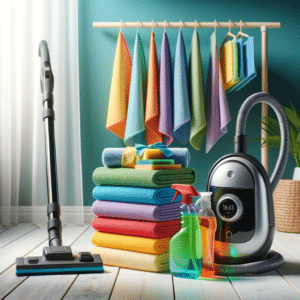
4. Physical Stamina and Endurance
Imagine a day in the life of a professional cleaner: it’s not just about pushing a vacuum or wiping down surfaces. It involves a wide range of physical activities. You might find yourself reaching up to dust high shelves, bending down to scrub baseboards, or stretching to clean hard-to-reach corners. Each task engages different muscle groups, and doing this day in and day out requires not just strength, but also endurance.
Professional Cleaners often involves handling heavy equipment and supplies. Whether it’s carrying a commercial-grade vacuum up a flight of stairs or lifting buckets of water, these tasks demand a certain level of physical fitness. Without it, the risk of injury or fatigue increases, which can not only affect the quality of work but also lead to health issues over time.
Good physical stamina also enables a cleaner to maintain a consistent level of performance throughout the day. In a profession where efficiency is key, being able to sustain energy levels is crucial. It’s not just about being quick in the first hour; it’s about having the endurance to keep the same pace and thoroughness, even at the end of a long shift.
However, it’s not all about brute strength. Physical stamina in cleaning also means having the agility and flexibility to perform various tasks efficiently. It’s about being able to move around swiftly, adapting your body to clean in tight or awkward spaces, and doing so repeatedly without tiring too quickly.
It’s important to note that maintaining physical fitness for cleaning is not just about the job at hand; it’s also about long-term health and well-being. Cleaners can benefit from regular exercise routines that build strength, endurance, and flexibility, reducing the risk of work-related injuries and ensuring that they can continue to perform at their best.
5. Reliability and Trustworthiness
Reliability is about more than just showing up on time, although punctuality is a big part of it. It’s about being consistent in your quality of work. When clients know that they can count on you to consistently deliver high standards of cleanliness, it builds a level of trust that is hard to shake. It’s about ensuring that every visit, regardless of whether it’s a first-time service or the hundredth, meets or exceeds the client’s expectations. This consistency in performance is what makes clients feel comfortable and confident in choosing your services time and time again.
Trustworthiness, on the other hand, extends into the realm of ethical behavior. In many cases, cleaners are given access to homes, offices, and other private areas. Clients need to have absolute trust that their spaces and possessions will be treated with respect and care. This means handling belongings gently, respecting privacy, and maintaining boundaries. It also involves being honest about any accidents or breakages that might occur, owning up to them, and taking the necessary steps to make things right.
Confidentiality is another critical aspect. Cleaners often come across sensitive information, whether it’s overhearing business conversations in an office or noticing personal items in a home. Being discreet and maintaining confidentiality reassures clients that their information and privacy are safe in your hands.
Moreover, trustworthiness is about following through on promises and commitments. If a cleaning service includes certain tasks, it’s crucial to ensure they are all completed as agreed upon. This level of dependability builds trust over time, proving to your clients that they made the right decision in choosing you as their cleaning professional.
6. Excellent Communication Skills
Firstly, understanding clients’ specific needs is crucial. This involves active listening – paying close attention to what the client is saying and, just as importantly, what they are not saying. Sometimes clients may not be able to articulate exactly what they need, so it’s up to the professional cleaner to ask the right questions and read between the lines. For instance, if a client mentions they have allergies, a skilled cleaner would know to discuss and suggest hypoallergenic cleaning products.
Excellent communication also means being able to explain your services in a clear and concise manner. This includes detailing what tasks will be performed, the timeframes, and any special procedures that might be used. For example, if a deep clean service is requested, explaining what that entails and how it differs from a standard clean can help manage expectations and ensure client satisfaction.
There’s also the aspect of being able to communicate effectively during the service. This might involve providing updates on the progress of the cleaning, being open to feedback, and addressing any concerns that may arise. If, for instance, a cleaning task is taking longer than expected, keeping the client informed helps maintain trust and understanding.
In addition to verbal communication, written communication skills are also essential. This might come into play when sending confirmation emails, invoices, or even responding to client queries over text or email. Being clear and professional in written communications reinforces a positive and competent image of your services.
Effective communication also plays a key role in handling complaints or issues. If a client is not satisfied, being able to listen empathetically, understand their perspective, and respond with a solution-oriented approach can turn a potentially negative experience into a positive one. It’s about showing the client that their concerns are valid and that you are committed to resolving them.

7. Adaptability
The essence of adaptability in professional cleaning lies in the ability to switch gears according to the task at hand. For instance, the approach and techniques used in a cozy suburban home will be vastly different from those required in a large corporate office or a post-renovation site. Each environment not only demands a specific set of cleaning methods but also an understanding of the unique needs and expectations of the space.
For example, cleaning a household may require a focus on creating a welcoming and comfortable atmosphere, paying attention to the personal touches that make a house feel like a home. On the other hand, a post-construction clean-up involves dealing with heavy dust, debris, and possibly working with tougher cleaning agents to remove stubborn stains. Being adaptable means having the skill set and mindset to effectively transition between these varied requirements.
Moreover, adaptability is not just about the physical act of cleaning; it’s also about adjusting to the different schedules and preferences of clients. Flexibility in accommodating last-minute requests, changes in cleaning schedules, or specific instructions shows a level of professionalism and customer-oriented service that is highly valued in the industry.
Adaptability also extends to dealing with unexpected situations that may arise during a cleaning job. This could be anything from discovering an area that requires more intensive cleaning than initially thought to handling delicate items or surfaces that need special care. The ability to quickly assess the situation, decide on the best course of action, and execute it effectively is a hallmark of a seasoned professional cleaner.
In the rapidly evolving world of cleaning, adaptability also means staying updated with the latest cleaning technologies, methods, and products. Embracing these advancements and incorporating them into your cleaning repertoire can enhance efficiency and effectiveness, offering clients the best possible service.
8. Customer Service Oriented
Having a customer service mindset means actively seeking to understand the client’s specific requirements and preferences. This could involve asking questions about how they like certain tasks to be done, taking note of any particular areas they want to focus on, or even understanding their schedule and lifestyle to provide service at the most convenient time. It’s about personalizing the service to fit the unique needs of each client.
Additionally, being customer service oriented is about being approachable and friendly. Professional cleaners often become a regular part of their clients’ lives, especially in residential settings. Building a rapport with clients, greeting them warmly, and showing genuine interest in their satisfaction can significantly enhance the client experience. It’s these small, personal touches that can turn a one-time service into a long-term professional relationship.
Customer service in cleaning also involves going the extra mile. Sometimes, it might mean doing small additional tasks that weren’t explicitly asked for but can make a big difference in the overall cleanliness and ambiance of the space. For instance, neatly arranging magazines on a coffee table or fluffing pillows after a clean can add that extra touch of care and attention to detail.
Prompt and effective response to feedback is another critical element. Whether it’s positive or negative, acknowledging and responding to client feedback demonstrates a commitment to continuous improvement and customer satisfaction. If a client points out an area that was overlooked or expresses dissatisfaction, addressing it promptly and efficiently shows that you value their input and are dedicated to providing top-notch service.
In the realm of professional cleaning, being customer service oriented also means being proactive in offering solutions and suggestions. For example, if you notice an area that consistently gets dirty or is difficult to maintain, suggesting a different cleaning technique or frequency can be helpful. This proactive approach not only solves problems but also demonstrates your expertise and commitment to maintaining the highest standards of cleanliness.
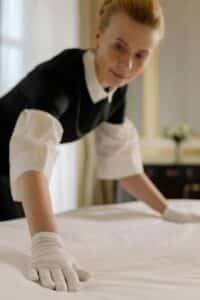
9. Problem-Solving Skills
Picture this: you’re faced with a stubborn stain on an expensive carpet or upholstery. This isn’t just a matter of applying the usual cleaning techniques; it calls for a thoughtful approach. Problem-solving in such scenarios involves assessing the nature of the stain, understanding the material you’re working with, and then deciding on the best method and product to use. It’s about being knowledgeable enough to know that the approach for a wine stain might be different from that for an ink stain, and being skilled enough to apply the appropriate technique without causing damage.
Furthermore, problem-solving skills are not just about dealing with cleaning challenges, but also about navigating logistical or situational difficulties. For example, you might arrive at a job to find that the space is larger or more cluttered than expected, or that you’re missing a key cleaning supply. Being able to quickly reorganize your plan, adapt to the environment, or improvise with the tools at hand shows a level of resourcefulness that is highly valuable in this field.
Another aspect is dealing with time constraints. If you’re on a tight schedule and encounter a problem that requires more time to address, problem-solving involves figuring out how to effectively manage your time without compromising on the quality of your cleaning.
Problem-solving also extends to client interactions. Clients might have specific concerns or requests that don’t align with standard cleaning procedures. In such cases, being able to come up with a solution that satisfies the client while still being feasible and effective from a cleaning standpoint is a skill that can greatly enhance client satisfaction and trust.
10. Continuous Learning and Improvement
Continuous learning in cleaning can take many forms. It might be as straightforward as keeping up-to-date with the latest eco-friendly cleaning products, understanding their benefits, and knowing how to use them effectively. It can also involve learning new cleaning techniques or adopting innovative tools and equipment that increase efficiency and effectiveness. For instance, the introduction of new, more powerful, yet environmentally friendly cleaning agents can revolutionize how certain tasks are approached.
Moreover, continuous improvement is not just about learning new things; it’s also about refining and enhancing existing skills. This could mean practicing more effective ways to tackle common cleaning challenges or learning how to manage time and resources better. It’s about being open to feedback and willing to adapt and adjust methods and approaches for better outcomes.
The field of professional cleaning also witnesses constant changes in standards and regulations, especially those related to health and safety. Staying informed about these changes and ensuring compliance is not only important for legal and ethical reasons but also demonstrates a commitment to providing safe and high-quality service.
Continuous learning also extends to personal development. Skills such as communication, customer service, and problem-solving are just as important as technical cleaning skills. Engaging in training sessions, workshops, or even informal learning opportunities can help in developing these softer skills, further enhancing one’s ability to provide exceptional service.
In a broader sense, embracing a mindset of continuous learning and improvement is about being curious, adaptable, and proactive. It involves seeking out opportunities to learn, whether through formal education, on-the-job experiences, networking with peers, or even through feedback from clients. This ongoing pursuit of knowledge and excellence not only keeps one at the top of their game but also contributes to a more fulfilling and rewarding career in the cleaning industry.








